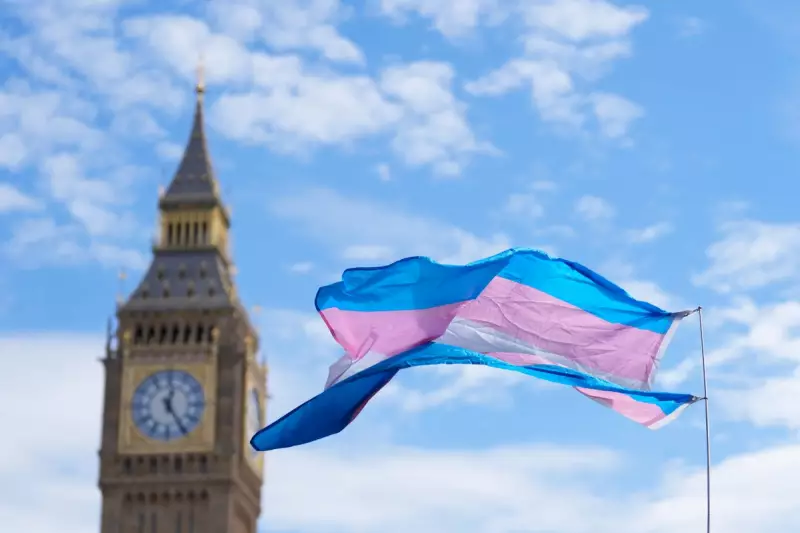
In a decision set to reshape the landscape of British equality law, the UK Supreme Court has dismissed a pivotal case challenging the boundaries of single-sex spaces and transgender rights. The ruling represents a critical juncture in the ongoing national debate surrounding the 2010 Equality Act.
The Case at a Glance
The legal challenge was brought by a claimant, identified only as SR, who argued that the current provisions within the Equality Act were insufficient and discriminatory. The case specifically contested the legality of service providers maintaining spaces—such as changing rooms, domestic violence refuges, and hospital wards—for biological sex only.
SR's legal team contended that the law should be interpreted to grant transgender individuals with a Gender Recognition Certificate (GRC) automatic access to spaces aligned with their acquired gender. The Supreme Court's rejection of this argument upholds the existing legal framework.
What the Judgment Means
This definitive ruling clarifies the protections afforded by the Equality Act 2010. It confirms that service providers can, under certain circumstances, legally provide and restrict access to single-sex services based on biological sex without committing an act of discrimination.
The court affirmed that such provisions are lawful provided they are implemented as a "proportionate means of achieving a legitimate aim." This includes considerations of privacy, safety, and dignity for all service users.
Implications for Service Providers and the Public
The judgment provides much-needed legal certainty for organisations across the UK, including:
- Healthcare trusts and hospitals managing ward allocations
- Local authorities and charities operating domestic abuse refuges
- Leisure centres and gyms with changing facilities
- Businesses and public venues with toilet facilities
For transgender advocacy groups, the decision is a significant setback in their campaign to reform the Gender Recognition Act and broaden the interpretation of the Equality Act. It underscores the complex balance the law must strike between competing rights and protections.
A Nation Divided on a Sensitive Issue
This ruling arrives amidst a deeply polarised public and political discourse on transgender rights in the UK. It will undoubtedly fuel further debate in Westminster, with campaigners on all sides of the issue likely to use the judgment to reinforce their calls for legislative action or preservation of the status quo.
The Supreme Court's decision is final, marking the end of the line for this specific legal challenge and setting a powerful precedent for any future cases concerning single-sex spaces and equality law in the United Kingdom.





